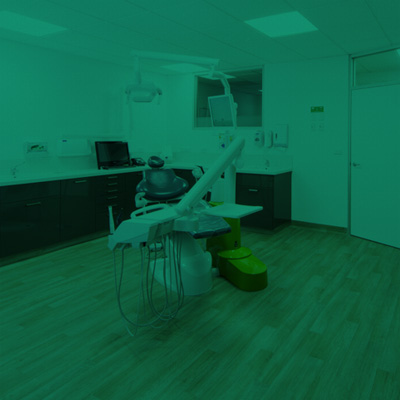Tooth Loss
Missing Teeth

Decades ago it was considered normal to lose your teeth as you grew old. Despite all the advances in dentistry in the last 40 years many people unfortunately still think that way. Did you know that the average adult between the ages of 20 and 64 has three or more decayed or missing teeth?
The psychological effects of tooth loss are complex and are different for everyone. A person’s social life may be severely affected to the point that they will avoid romantic situations for fear their partner will discover their tooth loss. When multiple teeth have been missing for years, severe bone loss has often occurred leading to facial changes typically associated with premature aging.
Losing teeth can not only affect the way you look, but can also lead to other physical problems that may affect your health and prevent you from smiling with confidence. Lost teeth can lead to:
- Bone loss
- Shifting and drifting of the teeth
- Alteration in the bite as a result of shifting teeth
- Jaw joint problems
- Difficulty in chewing properly
- Additional stress on the remaining teeth
Some of the reasons why you might lose a tooth:
Poor oral hygiene
If you don’t brush and floss daily, cavities and gum disease can occur, making tooth loss more likely to happen in the future. Dentists recommend to brush your teeth at least twice a day and to floss at least once a day. It is also advisable to visit your dentist every six months for check ups and cleans.
Poor nutrition
Foods that contain a lot of sugar, carbohydrates and acids can damage your teeth and gums.
Habits
Smoking can aggravate gum disease that leads to tooth loss.
Tooth grinding (bruxism) can lead to excessive wear of the teeth. People who grind strongly can fracture their teeth and fillings.
Trauma
Accidents are a common cause of tooth damage –especially in children. It is important to minimize risk of tooth damage when playing contact sports by wearing a mouthguard.
Some Consequences of Tooth Loss
Cosmetic problems
A full set of teeth helps to maintain your facial structure and preserve jaw alignment. Losing a tooth allows other teeth to drift and tip thereby affecting this stability. Tooth loss also leads to bone resorption and reduces the support for your lips and cheeks. The resultant sagging and wrinkling of the tissues can age your appearance and impact on your self- esteem.
Chewing problems
Losing teeth may cause you to start avoiding certain foods. Hard, crunchy foods can be painful on the gums and a softer diet may mean you exercise your jaw muscles less. This can also lead to wasting of the bone and facial muscles and contributes to aging. Not being able to chew food thoroughly affects your nutrition and general health. Quality of life is affected as you start reducing the variety of foods you ingest.
Increased loading on remaining teeth can hasten their loss through wear and fracture. Stiff, sore jaw joints can eventuate and quality of life suffers further. Wearing partial or full dentures does not often improve the person’s ability to chew hard foods.
Oral Hygiene problems
Teeth become more susceptible to cavities and gum disease when they drift and tip into gaps. Small spaces open up between moving teeth and food packs and plaque become difficult to remove with standard brushing and flossing. Bleeding gums and halitosis (bad breath) are more likely to occur when teeth are more difficult to clean..
Speech problems
Different sounds of letters are made according to the position of the
lips, tongue and teeth. Loss of front teeth especially will alter the pronunciation of many words. Wearing dentures can have an effect on speech as well.
General Health
As well as the obvious cosmetic issues, tooth loss can lead to health problems, not just in the mouth, but the whole body. It seems obvious but research in recent years suggests strong links between a person’s oral health and their general well being. A recent Swedish study found that people with fewer teeth and bleeding gums were at greater risk of heart disease, high blood pressure and diabetes. Another study showed subjects with less than 10 teeth in their mouths were more likely to develop dementia. Further research is required to determine the exact relationship but it is proposed that periodontal disease (gum disease), lack of nutrition and infection can affect brain function. It makes sense to do all you can to prevent tooth loss.
See also Denture Replacement





